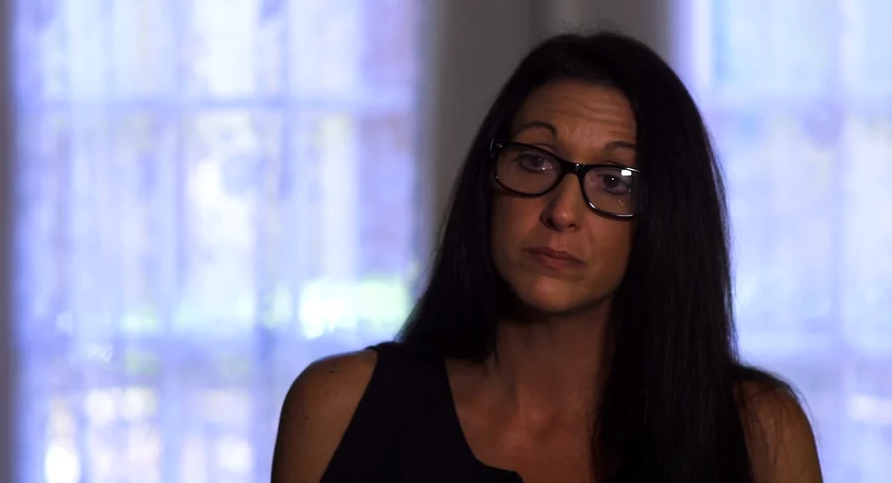It’s amazing we continue to undervalue what women, who represent more than half of the population, have to say.
From Hollywood to college campuses, undervaluing women’s voices is all too common.
When women speak out, they are told they are shouting or aren’t being team players. Jennifer Lawrence recently described this experience. After she spoke bluntly on an issue, a male coworker of hers responded with, “Whoa! We’re all on the same team here!”
J-Law nails why this is problematic in the Washington Post: “All I hear and see all day are men speaking their opinions, and I give mine in the same exact manner, and you would have thought I had said something offensive.”
This isn’t just happening in Hollywood. It’s also in the workplace. When women speak, they often have to soften what a man could say in the bluntest of terms.
Washington Post columnist Alexandra Petri skewered this with famous historical quotes if they were said by a woman in a meeting. “I will be heard” is changed to “Sorry to interrupt. No, go on, Dave. Finish what you had to say.”
When women try to be declarative, men become uncomfortable. In the last Democratic presidential debate, U.S. Sen. Bernie Sanders responded to former Secretary of State Hillary Clinton’s claim he isn’t tough on gun violence with, “All the shouting in the world won’t fix the issue.”
Clinton turned this exchange to show the subtle sexism women feel everyday. According to Salon, Clinton said, “Sometimes when a woman speaks out, some people think it’s shouting” at the Iowa Jefferson-Jackson dinner.
But for women who aren’t Clinton and J-Law, having your voice heard is difficult. This is especially true for sex workers who accuse politicians of using their services.
In 2007, Sen. David Vitter, R-La., denied rumors he paid women for sex in New Orleans at a press conference where he apologized for his “serious sin” he committed in Washington D.C. On Monday, Vitter said on TV the station WDSU that the Wendy Ellis story is “completely false and discredited.”
Wendy Ellis alleged she had a relationship with David Vitter in the ’90s. She said she had a child with him whom she gave up for adoption, and at the time, he encouraged her to abort the child. A former sex worker, Jeanette Maier, known as “The Canal Street Madam,” alleged Vitter was a client of hers.
Maier said she spoke with Ellis on the phone and she said, “No one believes you because of what you did.”
With both of these women alleging Vitter has a New Orleans problem, why is he left politically unscathed from his sex scandal? Gov. Eliot Spitzer, D-N.Y., resigned from his position in 2008 after he was discovered dallying with sex workers, and Rep. Anthony Weiner, D-N.Y., resigned after he was sexting someone other than his wife.
These women bear the price of, but Vitter still parades around the state as a credible candidate for governor. Only now are voters starting to question his authenticity.
When women raise their voices for other women, they can lose their job. According to the Huffington Post, a Harvard professor filed a lawsuit in March alleging the university “denied her tenure due to her advocacy on behalf of sexual assault survivors.”
What women say is important. Women need autonomy when using their voices because their experiences and knowledge count just a much as men’s.
I want to live in a world where I can tell my daughter her voice matters and she shouldn’t be afraid to speak up.
That shouldn’t be a controversial sentence to say.
Michael Beyer is a 21-year-old political science senior from New Orleans. You can reach him on Twitter @michbeyer.
Opinion: Society Needs to Acknowledge, Value Women’s Voices
October 27, 2015
More to Discover











